Apple's iPhone 5s announcement included a surprise leap to a new 64-bit ARM chip architecture, a subject that has sparked lots of confusion and misinformation. But the secrecy surrounding the A7 may also have fooled analysts into slashing their sales expectations and downgrading the company's stock targets.
Known Unknowns about Apple's new 64-bit A7
A variety of details are still unknown about Apple's A7 implementation. This includes exactly what CPU cores it is uses (it may be a extension of Apple's custom Swift cores in the A6, now implementing the 64-bit ARMv8 instruction set, or it could be either a stock or customized version of ARM's Cortex-A50 series cores); how many CPU cores it uses; and what GPU cores it uses (new support for OpenGL ES 3.0 suggests it uses Imagination Technologies "Rogue" Series6 GPU design).
It's also not known for certain who is fabricating the A7, despite mounting evidence suggesting that production may have shifted from Samsung to TSMC.
Apple may not want to promote this fact for competitive reasons, or to avoid a new wave of criticism decrying the inevitable shift from Samsung's chip fabrication in Austin, Texas to (apparently) TSMC's fabs in Taiwan.
It's interesting to note, however, that back in June, Jefferies analyst Peter Misek reported that Apple had cut production orders for iPhones, based on his "inventory checks." Misek didn't detail all of his research, but he did specifically note one reason for believing that Apple was cutting its iPhone orders.
"Our checks also indicate," Misek wrote, as covered by CNET, "that Apple's wafer starts at Samsung's Austin fab have likely been cut."
We don't know that Misek's understanding of Apple's "wafer starts" in Austin were accurate, but if they were, there's more than one reason for that to occur.
Problems with Misek's supply chain checks
Misek interpreted his supply chain checks to mean that Apple was sharply reducing the number of iPhones it planned to build, but it's also possible that Apple was having another vendor fabricate wafers of chip that neither Misek (nor, apparently, Samsung) knew anything about.
This is an example of one of the supply chain checks that Apple's chief executive Tim Cook warned analysts at the beginning of the year not to base significant conclusions upon, due to the vast global complexity of Apple's operations.
"The supply chain is very complex, and we obviously have multiple sources for things," Cook said during the January quarterly earnings conference call. "Yields might vary, supplier performance might vary."
Cook added, "even if a particular data point were factual, it would be impossible to interpret that data point as to what it meant for our business."
Problems with Misek's product predictions
Misek's predictions based on cuts in Samsung's Austin wafer starts could be as off the mark as his outline of Apple's plans from last December, as detailed in a report by Philip Elmer-Dewitt, writing for Fortune Apple 2.0.
Misek described the iPhone 5s as having "new super HD camera/screen, a better battery and near field communications." He also wrote that Apple was building a new iPad for release in June, a new television set and a cheap new iPhone model.
"Our checks indicate a low-cost model would be a retooled iPhone 4 with a scaled-down modem, apps processor, etc," Misek reported, further warning that this predicted new cheap iPhone's gross margin "would be impinged in order to reach the desired $200-$250 price point."
In February, Misek predicted that Apple would hold an Apple TV-related event in March.
But when March arrived with no Apple TV event, Misek issued a steep $80 downgrade on Apple's stock and cut his estimates for the quarter's iPhone sales from 37.5 million to 35 million, while predicting revenues of $41 billion. He also shifted his price expectation for the cheap iPhone to cost between $350 and $450.
Apple's actual revenues for the quarter were $43.6 billion, and the company sold 37.4 million iPhones. However, fears that the predicted new cheap iPhone model would erode Apple's profits in the future continued to be repeated through the year, and were eventually overshadowed only by new concerns that the iPhone 5c model that Apple actually unveiled last week didn't turn out to be cheap at all.
Investors were so worried about the iPhone 5s not being as cheap as some analysts speculated that they ignored the news that Apple was in fact selling a new, broader range of iPhones in China and other key markets, anchored at the low end by an iPhone 4 without either "a scaled-down modem or apps processor," but selling for around $420, the very price target a variety of analysts thought Apple needed to reach to expand its market share in China.
Last Friday, after Apple's event delivered none of Misek's product predictions, including the "impinged" gross margins of a cheap iPhone he feared to would spark "high cannibalization," Misek issued another severe downgrade for Apple's stock from $450 to $425.
This appeared to spook Wall Street so much that investors forgot that all of Misek's scary previous predictions from last year had all been grievously wrong, too.
 Daniel Eran Dilger
Daniel Eran Dilger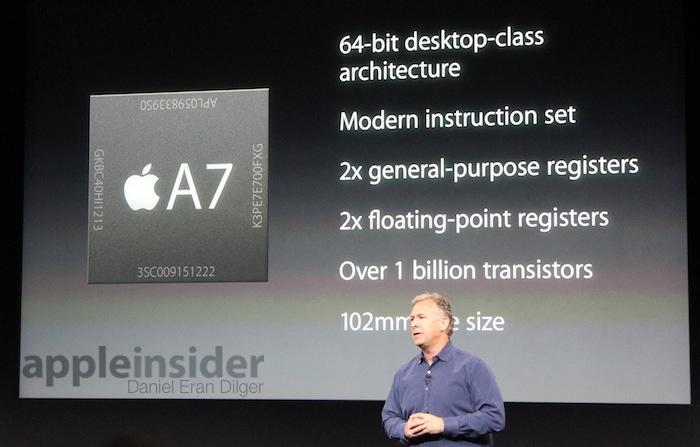
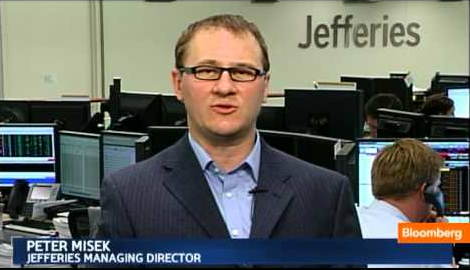
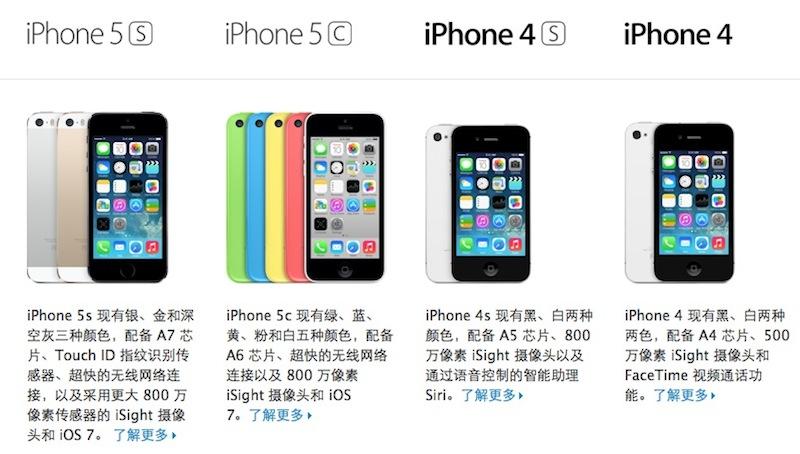







-m.jpg)






 Malcolm Owen
Malcolm Owen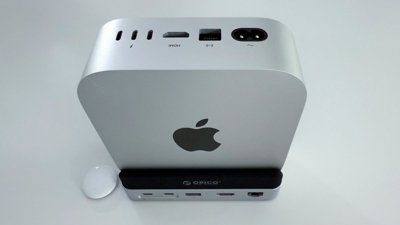
 Mike Wuerthele
Mike Wuerthele
 Andrew Orr
Andrew Orr
 Andrew O'Hara
Andrew O'Hara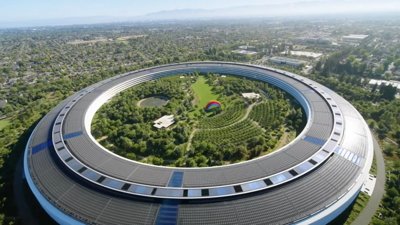

 William Gallagher
William Gallagher

 Christine McKee
Christine McKee



-m.jpg)



105 Comments
Peter Misik from jefferies told my daddy and grandpa to load up on bbry at 14 promised us 18 and now were going to lose the house.
Boy, The more we learn about what Apple has been up to in the last nine months or so while they were 'stagnating' from 'lack of innovation' the more I'm impressed. Mavericks, iOS7, the Mac Pro, the mobile 64 bit chop 'n' change, addressing labour issues, bringing jobs back to America, supply chain changes (jobs out of America - thank you, Samsung), and God only knows what software and iPad updates we'll see shortly. They don't muck around...
So, I take it from this that when an analyst gets the picture so wrong, or perhaps completely wrong in Misek's case, that said analyst then downgrades Apple because it was Apple, in missing the analyst's (Misek's) goals, that actually got it wrong! Got it!
The Street makes decisions and predictions about lots of companies that have little to do with reality. Misek isn't any different than many financial prognosticators that have either no clue about Apple or are simply attempting to manipulate the market for financial gain. It's sad that there is no recourse against these "analysts". The media should do a better job of pointing out their historical track record so both the public and the Street can see them for what they are.
Two interesting threads on SemiWIKI
http://www.semiwiki.com/forum/content/1940-debunked-tsmc-apple-rumors.html
http://www.semiwiki.com/forum/content/2763-intel-bay-trail-fail.html
In both, it is claimed that Samsung for A7 and TSMC for the next iPhone.